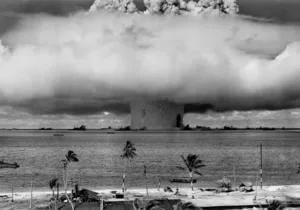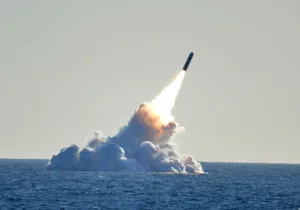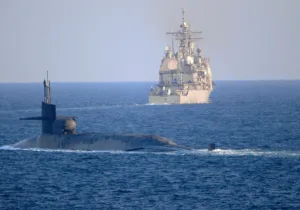The following lecture was recorded during Providence’s 2017 Christianity and National Security Conference.
Matthew Kroenig discusses the relationship between ethics and nuclear weapons. Using ethical principles, he argues that the US nuclear arsenal is one of the most important instruments for moral good on the planet.







 Sponsor a student for Christianity & National Security 2024
Sponsor a student for Christianity & National Security 2024